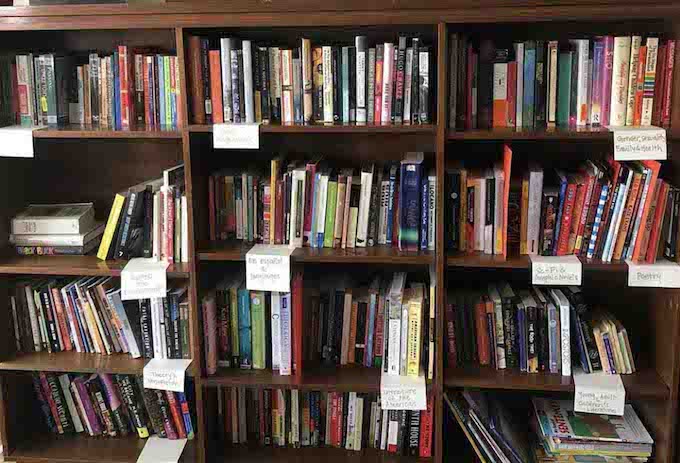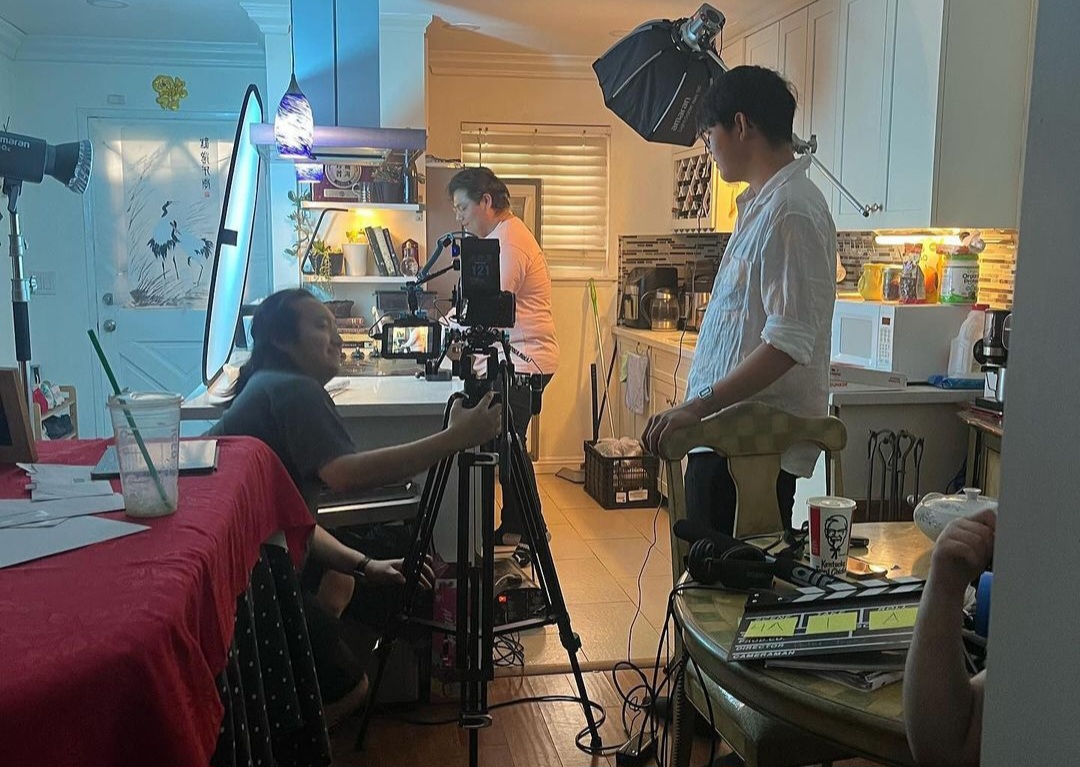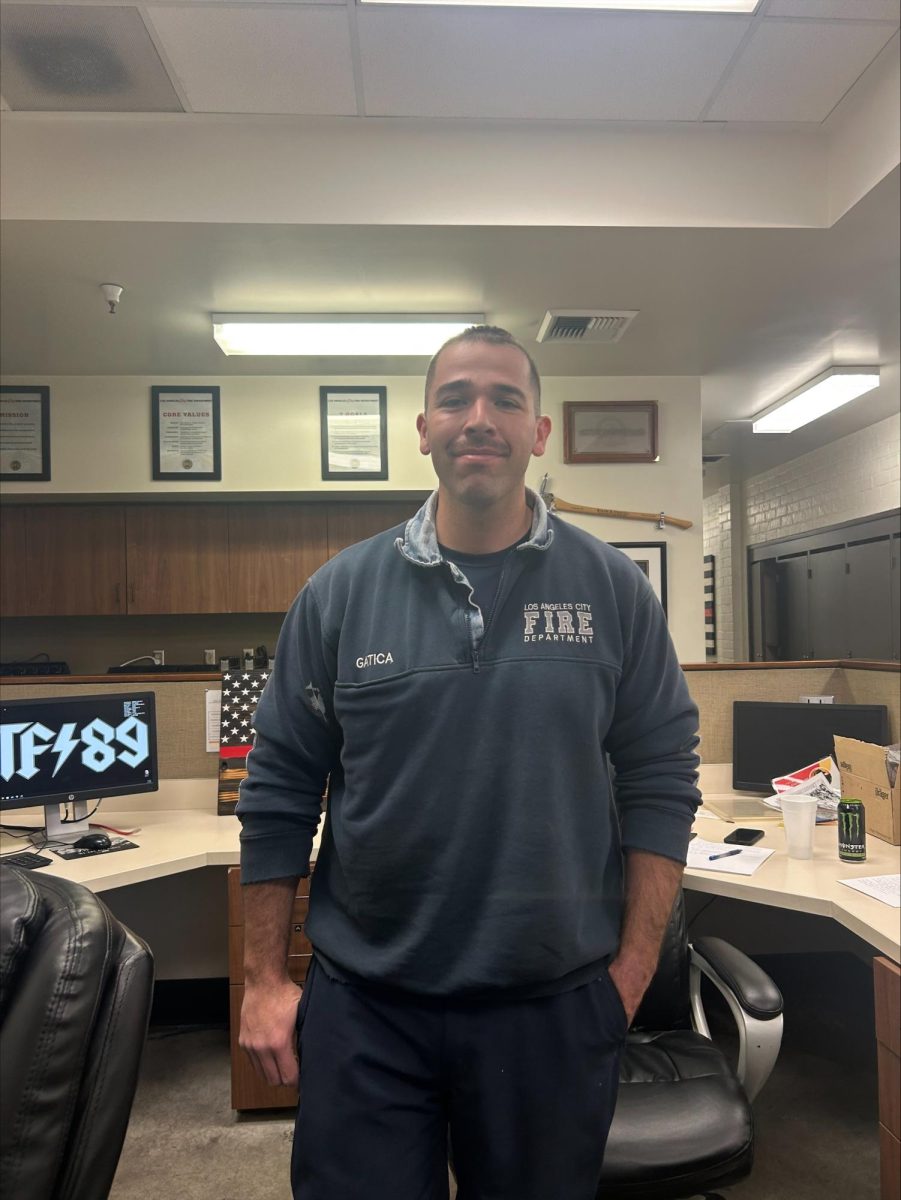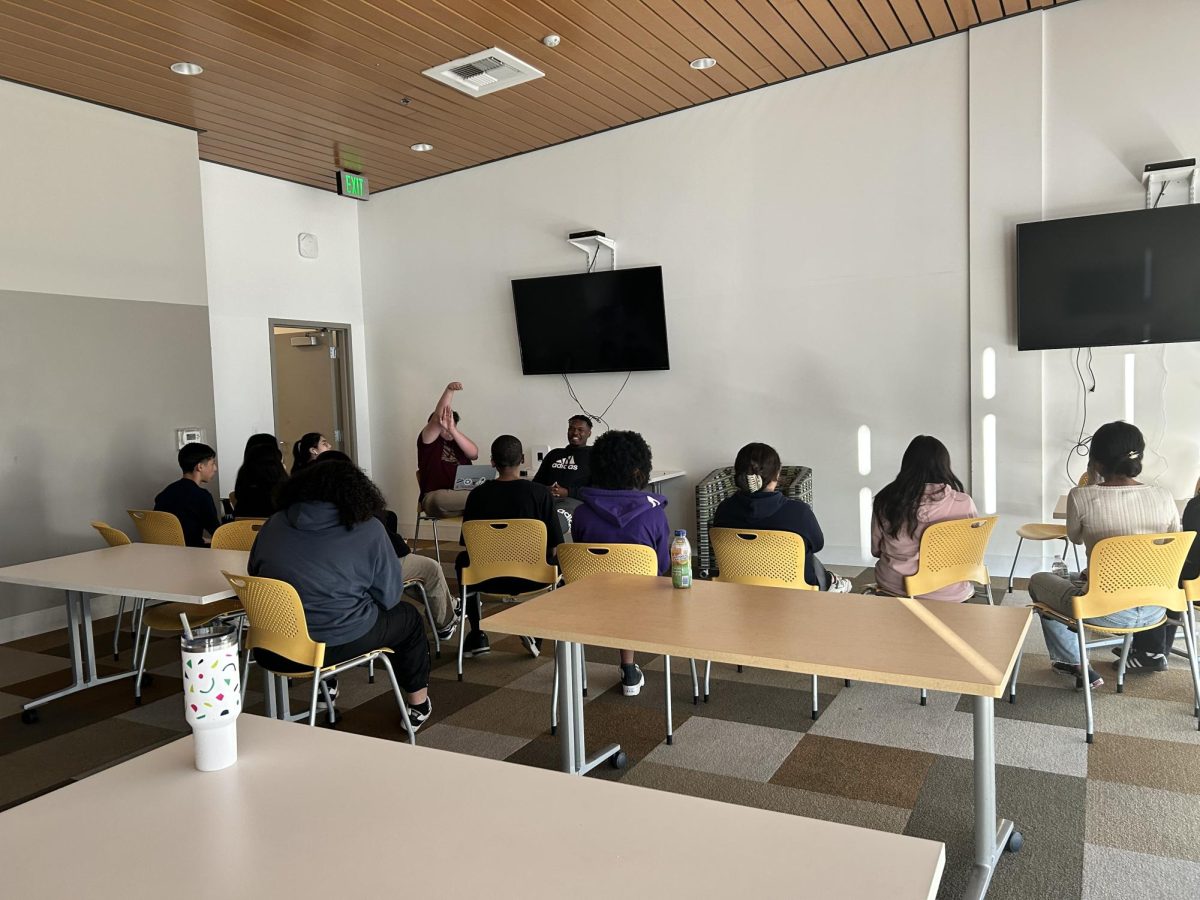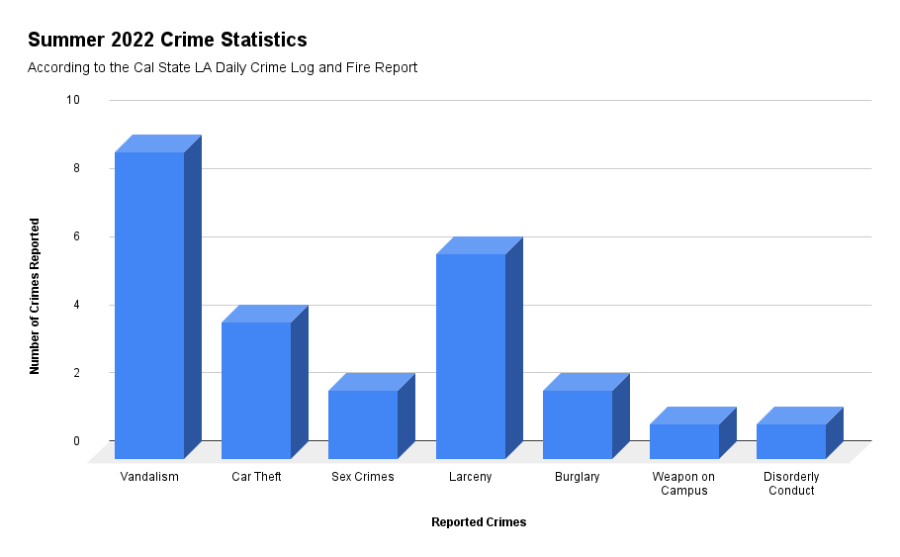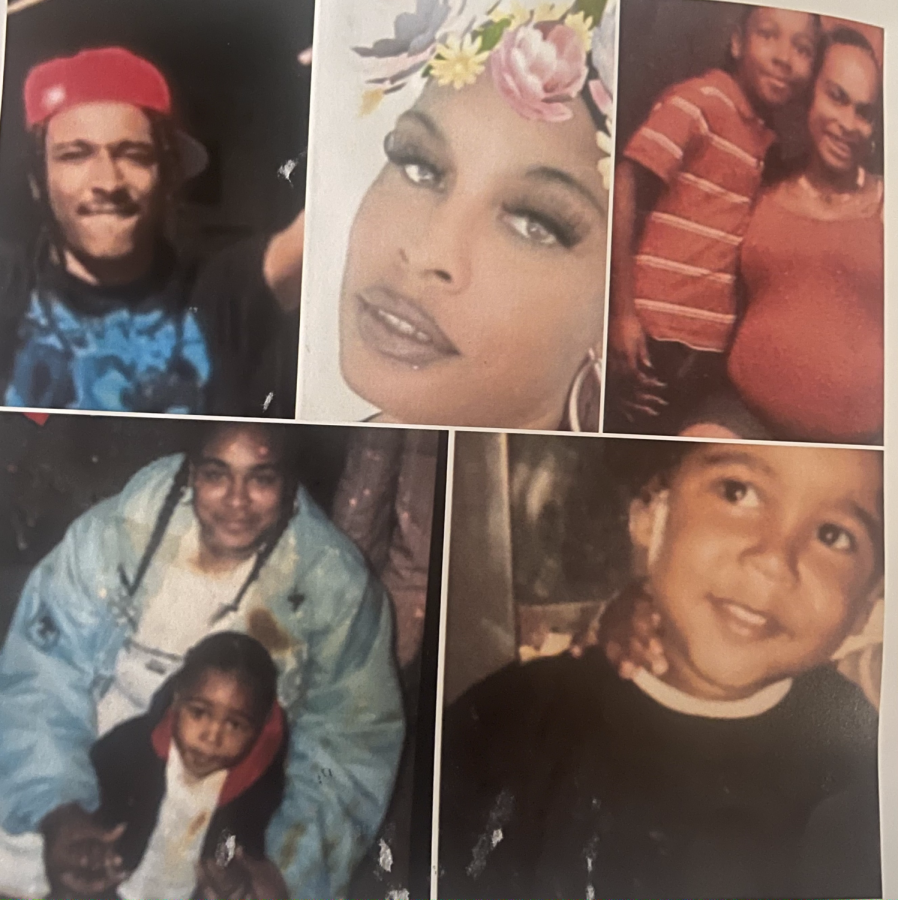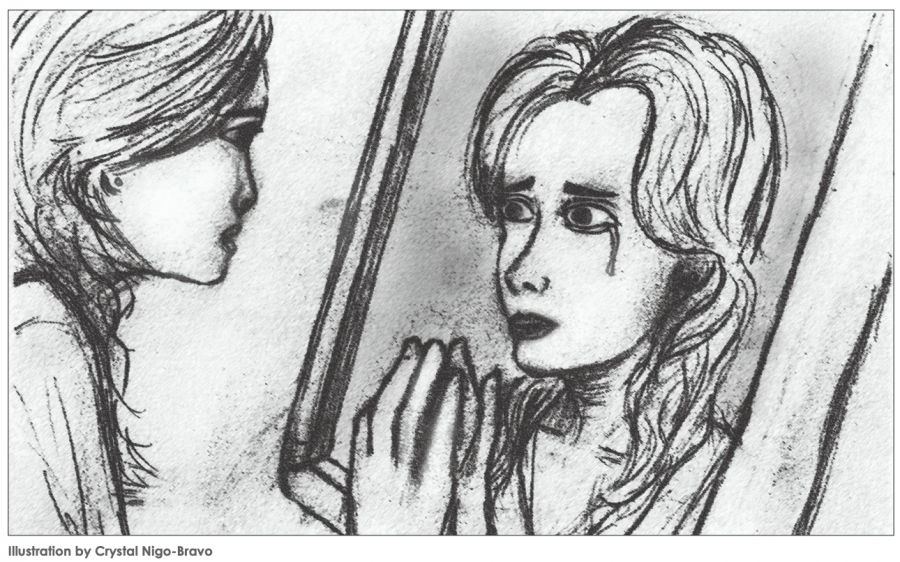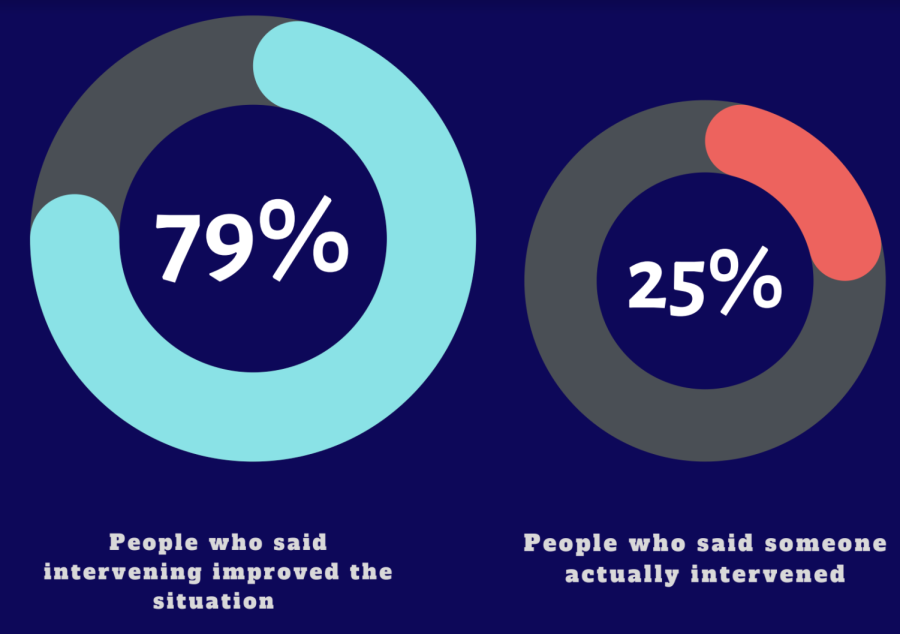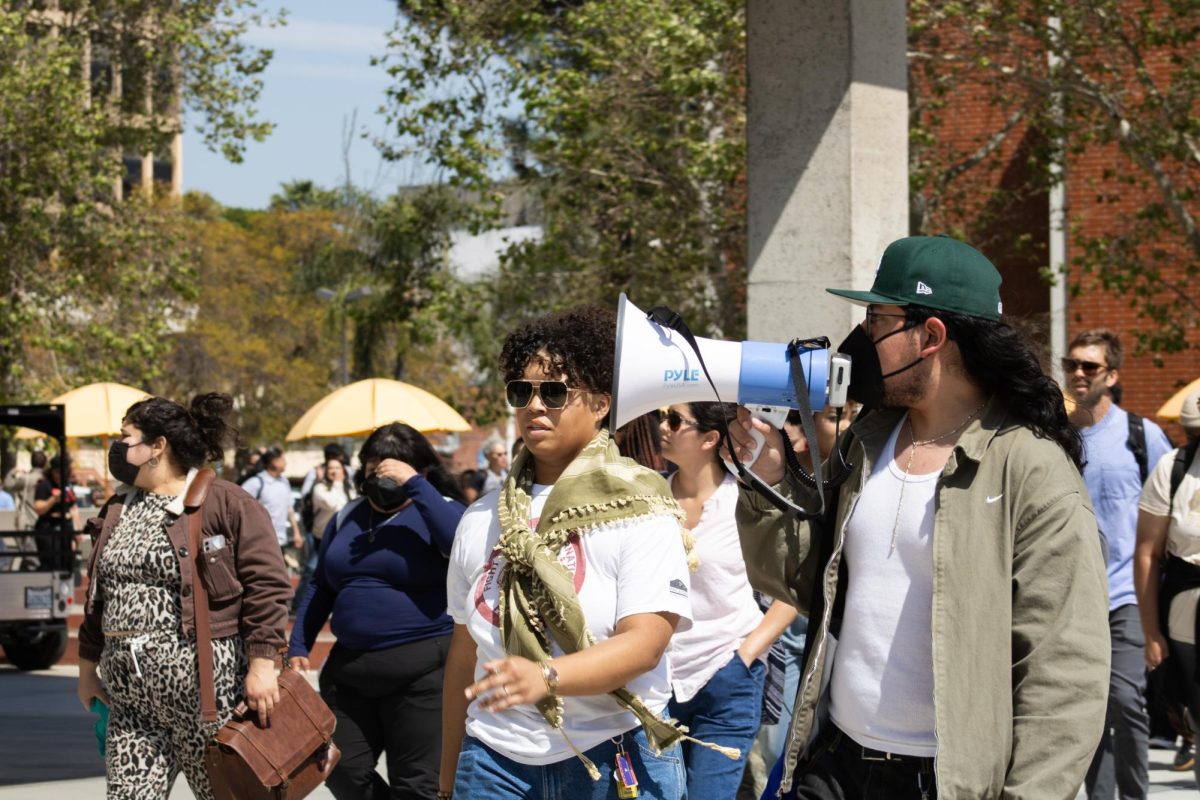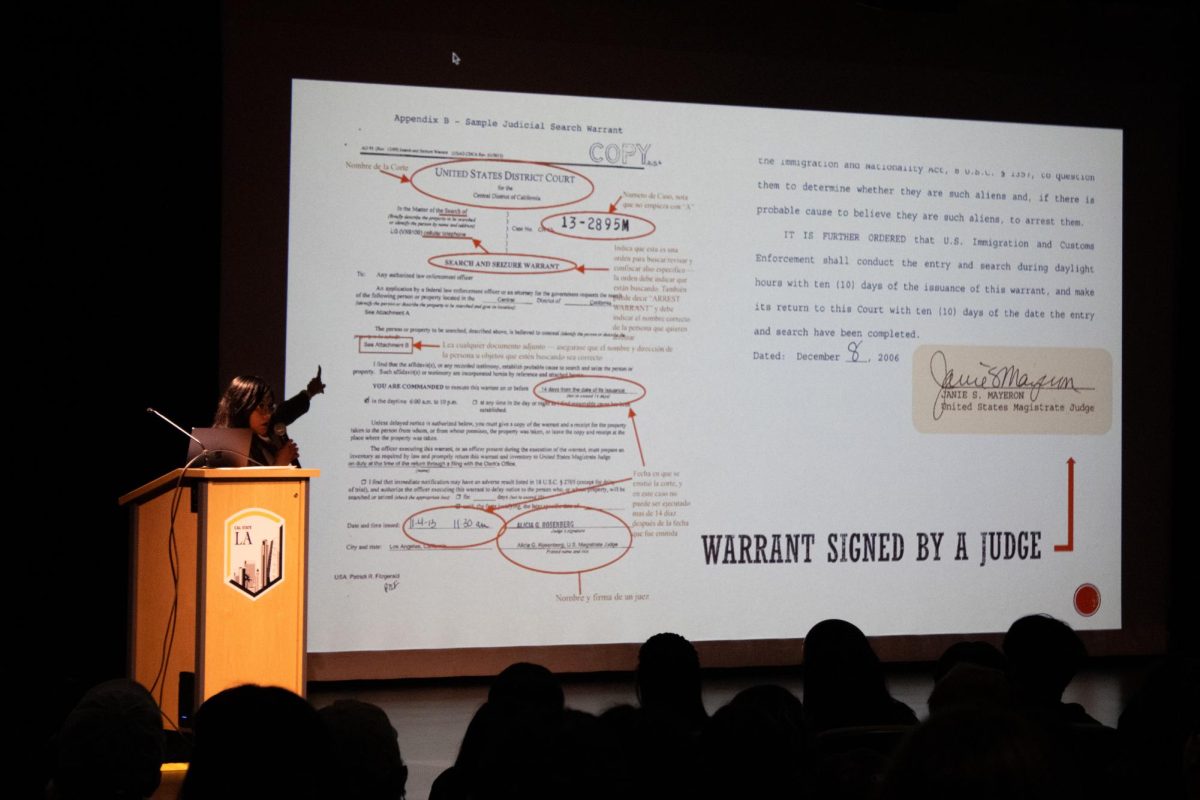Abolition has come up a lot over the past year or so in discussions of police brutality and defunding prisons.
For one El Monte abolition reading circle, abolition is that and also a more personal journey.
One afternoon last month, members of the reading circle gathered together in person and described abolition as a healing, mental health-conscious lifestyle with infinite opportunities for learning and challenging the norms of our society.
This circle takes place at Memories of El Monte on Garvey, a community-based art space that holds many different events. Their first book of choice is Angela Davis’ “Are Prisons Obsolete?”
“Abolition is a lifestyle and restoration to me,” Kim Miranda, an East LA resident, said. “I see things like imposter syndrome, fear of failure, etc. as things we need to abolish within ourselves before we are able to abolish whole systems. Sometimes we think of abolition as a hardcore burn-the-system-down, which isn’t bad, but that’s not the only way to do abolition. Abolition could be soft and tender too…There is no standard, no right way to do things.”
Many reading circle members have a vested interest in the prison abolition movement: Almost everyone knew someone or had a family member who had been behind bars.
Miranda, who does tarot readings during the weekends at Memories of El Monte, said abolition is about community-based efforts that prevent over-incarceration for areas that are prone to it.
“Abolition includes having resources,” Miranda continued. “It’s helping people after they’re out of prison since they are disenfranchised when they are ‘free.’”
Nickolas Segura Ramero, a member of the El Monte Tenants Union, also sees community involvement as essential: “I feel we need to have these conversations about recreating our communities to better care for us. Especially because a lot of people in our community are affected by the prison industrial complex. We need to be having this conversation in order to help our community.”
Part of Memories’ purpose is to make space for queer, trans, Black, Indigenous people of color. A reading circle focused on abolition makes sense, considering the disproportionate rates of incarceration among minorities.
According to data from the Federal Bureau of Prisons, which was updated this month, Black inmates make up 38% of prisons and Hispanic inmates make up 30% — while Black people make up 13% of the population and Hispanic or Latino people make up just over 18%, according to the 2019 U.S. Census.
As Davis’ book points out, the combination of over-policing and lack of quality education and resources make it almost inevitable for communities of color to be affected by the prison industrial complex. This risk is only increased if someone is mentally ill and unable to receive the resources needed to deal with mental illness.
Some reading circle members noted that the whole system of punishment and prisons are so ingrained in our society that it’s hard to think of what else there is. This book circle was made to discuss what the world could be like without the punishment-emphasis system in place.
“Abolition to me is uprooting old and rotted systems that perpetuate hate and fear with communities of love and positivity,” Segura Ramero said. “Abolition is a tool. We can’t use our oppressors’ tool to make our own house, otherwise we’ll just be making the same house they’ve been making for years. We have to reinvent with a whole new toolbelt.”
The reading circle meets on the second and fourth Friday of each month and is welcome to all, within the building’s capacity limit. The members have not yet picked the next book and will be focusing on Davis’ novel and speeches first.
Community News produces stories about under-covered neighborhoods and small cities on the Eastside and South Los Angeles. Please email feedback, corrections and story tips to [email protected].

